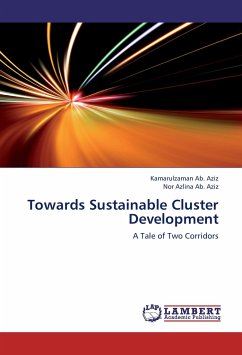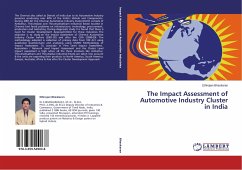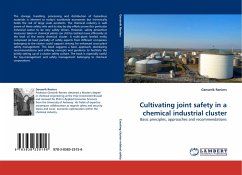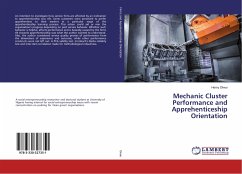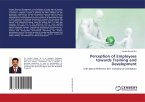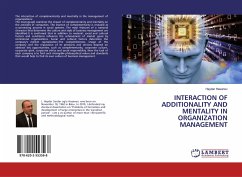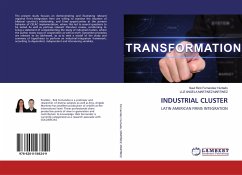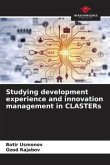Overall, the research showed that in order to achieve a dynamic sustainable cluster there must be factors that drive clustering that are also sustainable. The case studies showed that this can be attained from factors such as innovation, pool of knowledge workers, and market leading local actors. Incentives and grants are important but would not necessarily create sustainable impacts. Clustering is strengthened when there are active networking, partnerships, knowledge sharing and transfer among the actors. These helped to establish higher levels of social capital which then promote more networking and partnerships, thus clustering. It can be concluded that sustainable cluster is attained not only by putting together cluster components, but also through actors with clustering behaviours.The study also showed that clusters are dynamic entities that evolve and change. Thus, it is important to match interventions with the lifecycle stage a cluster is at. Finally, it is believed that the research framework can be a useful policy making tool for sustainable clusters development.
Hinweis: Dieser Artikel kann nur an eine deutsche Lieferadresse ausgeliefert werden.
Hinweis: Dieser Artikel kann nur an eine deutsche Lieferadresse ausgeliefert werden.

